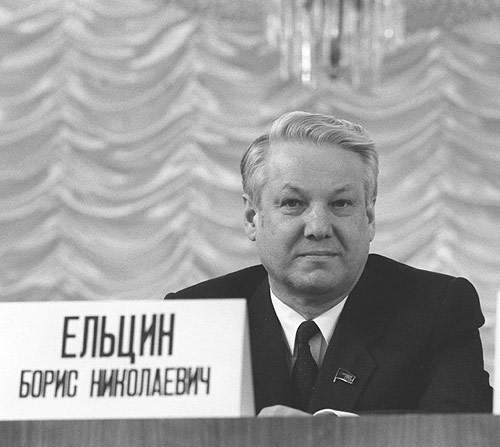Polychronicon 166: The ‘new’ historiography of the Cold War
Teaching History feature

Rethinking teaching of the Cold War
A great deal of new writing on the Cold War sits at the crossroads of national, transnational and global perspectives. Such studies can be so self-consciously multi-archival and multipolar, methodologically pluralist in approach and often ‘decentring’ in aim, that some scholars now worry that the Cold War risks losing its coherence as a distinct object of enquiry.
As Federico Romero wrote in the pages of one of two dedicated Cold War history journals, ‘diversity is galvanising the field, but historians need to […] strive for at least a minimum of conceptual clarity’. While ‘we should aim at a broad cultural understanding of the Cold War [and] contextualise it in larger processes of historical change,’ Romero warns us against ‘confusing’ this dimension with its character as war.
Nevertheless, the ‘new’ historiography of the Cold War offers exciting ways to rethink the way the topic is taught by teachers of popular courses on twentieth century international relations at GCSE and A-level...
This resource is FREE for Secondary HA Members.
Non HA Members can get instant access for £2.49

